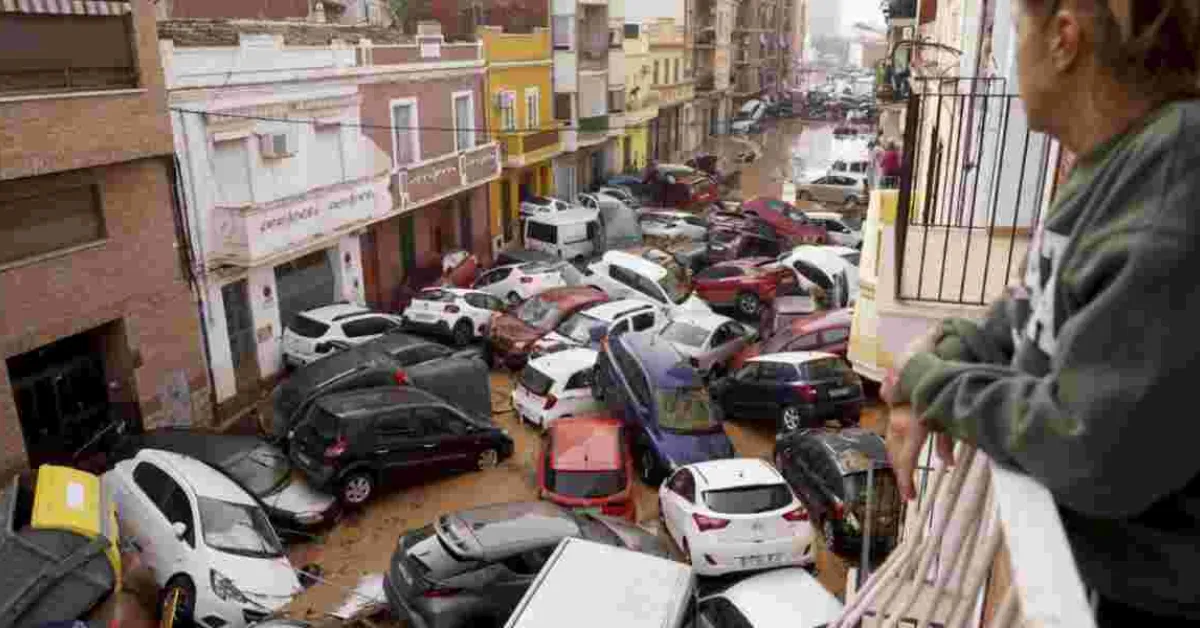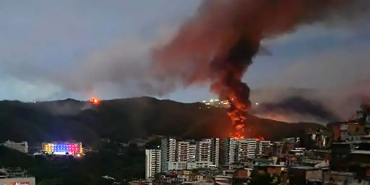Search Intensifies as Spain Flood Victims Remain Unaccounted For

Spain is experiencing what officials are characterizing as its most severe flooding disaster in decades, with devastating consequences across the eastern province of Valencia and surrounding regions.
The catastrophe has since claimed at least 95 lives with numerous individuals still unaccounted for as rescue operations continue amid challenging conditions. The crisis began when extraordinary rainfall struck the region, with the town of Chiva experiencing a particularly severe deluge by receiving its typical annual rainfall within just eight hours, according to Spain's national weather agency Aemet. The resulting flash floods transformed urban streets into treacherous waterways, particularly endangering motorists who were caught unprepared by the rapidly rising waters.
Prime Minister Pedro Sánchez has declared three days of national mourning as the nation grapples with the scope of the disaster. Emergency responders, including Spanish military personnel, have been conducting intensive rescue operations, evacuating residents from precarious positions on balconies and vehicle rooftops. Survivors have shared accounts of clinging to trees and seeking refuge on rooftops to escape the surging waters. The disaster has prompted a critical examination of emergency response protocols, with some arguing that early warning systems proved inadequate.
Questions have emerged regarding the timeliness of official warnings and whether improved communication might have allowed residents more opportunity to seek safety. Scientists have linked the intensity of the rainfall to climate change, specifically pointing to a weather phenomenon known as "gota fria" – a cold drop system typical of Spain's autumn and winter seasons. They explain that rising global temperatures have increased the atmosphere's moisture-holding capacity, potentially leading to more intense precipitation events.
The European Union has mobilized support through its Copernicus satellite system to assist coordination efforts, while fellow EU nations have extended offers of assistance. The flooding has inflicted substantial damage to infrastructure, disrupting transportation networks and causing extensive damage to buildings throughout the affected regions, with the Murcia region also experiencing significant though lesser impacts.














Add new comment